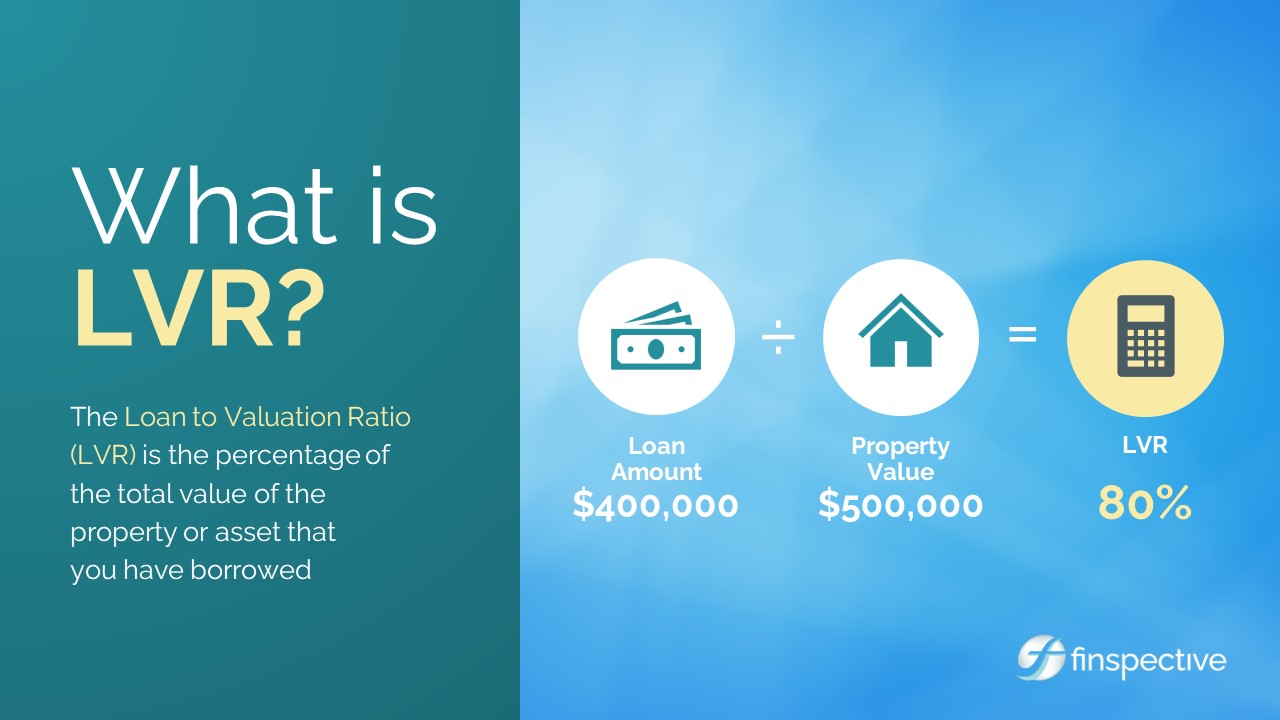Applying for an investment or home loan – equal parts exciting and terrifying, right? All the more so when asking that inevitable first question, “What is my borrowing power and purchasing capacity?”. The eagerness is understandable. After all, you can’t really start enjoying all the ups and downs that come with house-hunting without first knowing how much you can afford.
Buying a home or investing property is one of the most significant financial decisions you’ll ever make, and how much you can borrow plays a big part. When it comes down to the fine line, boosting your borrowing power to obtain that little bit extra $$$, could be all the difference between buying a house – and buying your dream home.
However, there’s more to it than simply buying a bigger or better property.
Your lending capacity can significantly impact your financial and long-term goals. It allows you to secure a property that meets your needs now and grows with you over time. Knowing you’ve invested in a home where you can stay for the long haul can help you avoid the stress and cost of moving later.
Plus, choosing the right property can lead to greater gains, building wealth and stability for your future. Sometimes, spending a bit more now for the perfect property can be financially beneficial over time.

What Is Borrowing Power?
Also known as borrowing or lending capacity, it refers to the amount of money a lender is willing to loan you to purchase a property.
It’s not just how much you can borrow but also how much you can afford to spend on a property without risking your financial stability. Understanding your borrowing power is essential because it directly impacts your ability to secure a loan and purchase your desired property.
But it’s not just about the immediate purchase; your borrowing capacity can affect your long-term financial health, influencing everything from your monthly repayments to your ability to achieve other financial goals.
If you’re serious about acquiring or extending a loan, maybe it’s time to avoid those pesky online Borrowing Power Calculators. While they may give you a very rough estimate, banks use much more complex information and variables and can vary from bank to bank, which brings me to my next point…
How Do Lenders Determine Your Borrowing Power?
Income and Employment:
Your income is one of the most significant determinants of your borrowing capacity. Lenders consider all income sources, including your salary, bonuses, rental income, and other passive income streams. Stable, consistent income is particularly important. Running your own business? Not a problem, but planning becomes important, as how a Bank views your circumstances varies greatly.
Existing Debts:
Lenders will evaluate any existing debts, such as credit cards, personal loans, HECS or car loans. The higher your existing debt, the lower your borrowing power will be.
Living Expenses:
Your day-to-day living expenses, including rent, utilities, groceries, and insurance, are all considered. Lenders want to ensure you can comfortably manage your mortgage repayments and other financial commitments.
Credit Score:
Your credit score is a factor. A higher credit score indicates responsible financial behaviour and increases your borrowing power. Conversely, a low credit score can significantly limit your borrowing amount.
Loan-to-Value Ratio (LVR):
The level of debt compared to the property’s value (known as the Loan-to-Value Ratio) also affects your borrowing capacity. A lower debt level can increase your borrowing power and potentially result in more favourable loan terms. This is especially important when using the equity in an existing property to purchase a new one, be it a home or investment property.
Loan Term and Type:
The length of the loan and whether it’s a fixed or variable interest rate loan will also impact your borrowing capacity. For example, a longer loan term typically results in lower monthly repayments, which can increase the amount you’re eligible for.

How to Improve Your Borrowing Power
If your current borrowing capacity is not where you would like it to be, there are several steps you can take:
- Planning: Specifically for business owners, consider planning ahead before the end of the tax year to put your best foot forward, and consider which Banks will support your circumstances.
- Reduce Your Debts: Pay down existing debts to free up more of your income for mortgage repayments and closing credit cards. Focus on high-interest debts first, which can have the most significant impact.
- Save a Larger Deposit: A larger deposit reduces your LVR and increases your borrowing power. It also shows lenders that you have the discipline to save.
- Cut Down on Expenses: Reducing unnecessary spending by reviewing your current expenses and identify areas where you can cut back.
- Improve Your Credit Score: Regularly check your credit report and take steps to improve your credit score, such as paying bills on time, reducing credit card limits, and avoiding unnecessary credit applications.
Why Speak to a Mortgage Broker?
At this point, you might think this is a self-promoting blog post – and you’d be kind of right. But there’s a very good reason for it. A mortgage broker is very different from a bank. Brokers help you understand the finer details of your borrowing power and the steps you can take to improve it.
Unlike a single bank, which aims to sell you its specific product, a mortgage broker has access to a wide range of lenders. We compare different loan options to find the one that best suits your financial situation.
As I mentioned earlier, the amount you can borrow may vary from bank to bank. This also gives mortgage brokers a significant advantage over dealing with a single bank.
Ultimately, which bank you choose doesn’t impact a mortgage broker; we only want to provide you with the best outcome. This broader perspective can be the difference between maximising your borrowing power and ensuring you meet your long-term goals.
So, now you understand a bit more about borrowing power and what difference it can make. Probably the most important thing to take away from this is knowing that, if you feel stuck in your borrowing capacity, there are options.
There are things you can do now to boost your borrowing power and give you that extra capacity — whether you decide to use it, or not.
Your dream home may not be as out of reach as you once thought.

When your ready to take the next steps, check out our Mortgages & Home Loans, and Investment Loans pages for more information. From there you can book in a quick chat with one of our lending specialists.
Any advice on this site is general nature only and has not been tailored to your personal objectives, financial situation and needs. Please seek personal advice prior to acting on this information. Any advice on this website has been prepared without taking account of your objectives, financial situation or needs. Because of that, before acting on the advice, you should consider its appropriateness to you, having regard to your objectives, financial situation or needs.


